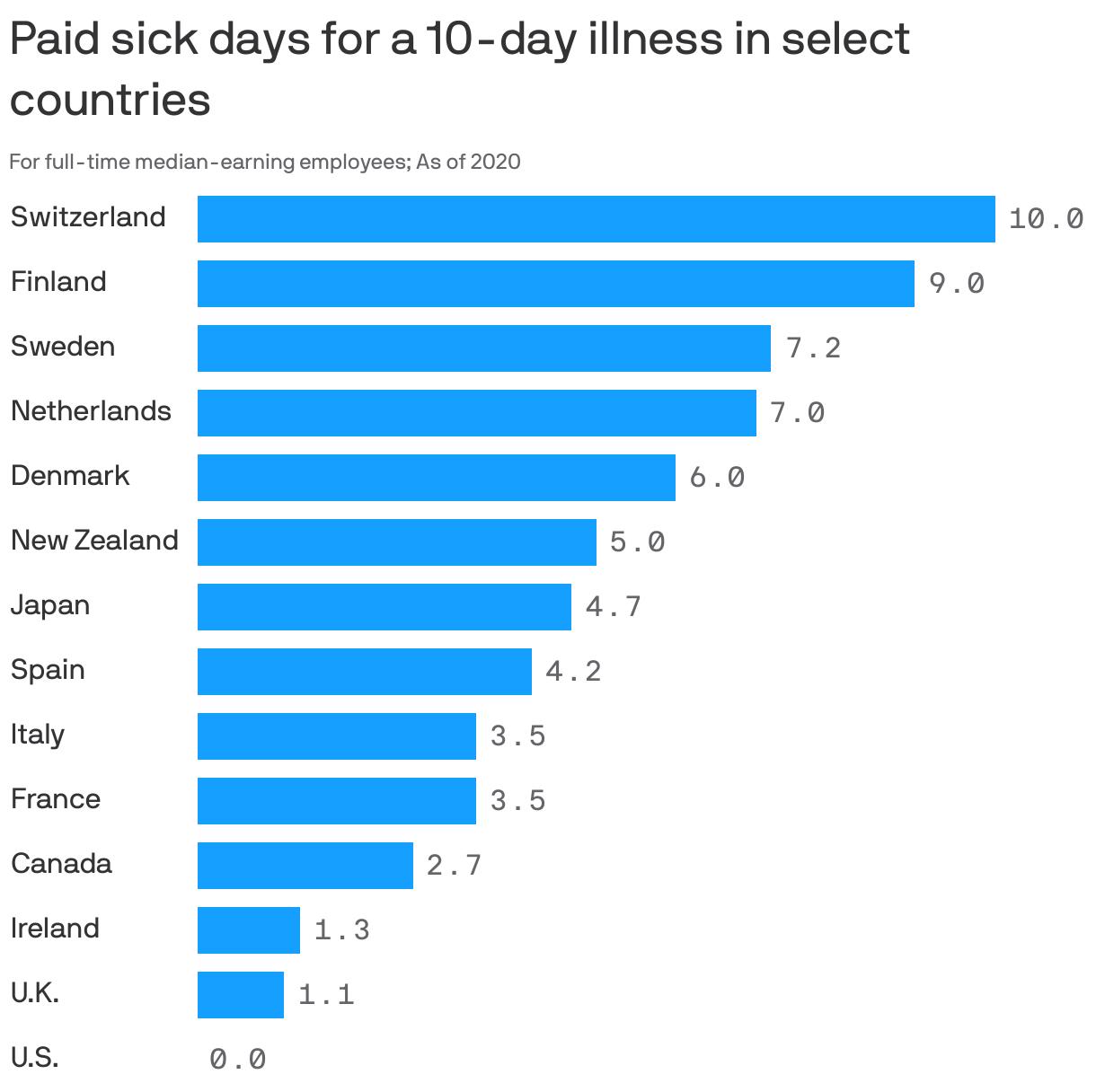Until 2010, Pakistan was an economic powerhouse of the Middle East. Its Gross Domestic Product (GDP) at $263 billion was ten times larger than second ranked Sudan at $26 billion.
In 2010, Pakistan had more than a million acres flooded by a storm that swept giant ocean surges far inland, decimating the agricultural base of the nation. In 2022, mountain snow melt from the Himalayan mountains swamped the country’s entire economic base.
Pakistan is centrally located in the Middle East and has a long border with India. While border confrontations have occurred in Kashmir, the two nations recognize one another in trade. Pakistan is bound by Iran to the west, Afghanistan to the northwest and north, China to the northeast, and India to the east and southeast. The coast of the Arabian Sea forms its southern border. Clearly in the center of the Middle East and a gateway to China and India plus access to global seaports make Pakistan a natural player at the center of economics and politics.
But no more. Pakistan’s economy has collapsed; its government structure is dysfunctional. Recovering the damage to the citizenry will cost more than $16.3 billion.
Pakistan is cited because it is more than a small island nation sinking into rising seas. Pakistan was a worldwide player with a slowly but continuously growing reputation among its neighbors. But Mother Earth advanced the global warming war from the Arabian Sea and from the Himalayan mountains. A Putin-style bullet war could not do this much damage.
The seacoast of Pakistan looks a lot like the eastern seacoast of the United States, around Florida and all the way to the Texas/Mexico Border. Fortunately, the US is a much larger nation than Pakistan with more than one narrow agricultural area. So far, Mother Earth is lobbing notable storms into the Gulf coast and Florida; as a diversion, she is engineering a major water shortage in the Rockies and California and this year started on the Mississippi River – preventing many river-dependent supply chains from operating.
Nations are not messing with an inexperienced, underfunded adversary. It is the nations that are underfunded – by several magnitudes. As humans continue to throw Carbon Dioxide and Methane into the atmosphere, as humans barbarically continue to destroy and contaminate the Earth’s environment, as thousands of mammals, birds, fish, reptiles, amphibians and microorganisms disappear, dare we expect that Mother Earth will turn her head away?
Will the US be able to maintain leadership in the world when trillions of dollars must be spent in the war with Mother Earth to salvage Boston, New York, Philadelphia, Baltimore, Charlotte, one-third of the land mass of Florida, Houston, one-fourth of Louisiana, San Francisco and Seattle? Perhaps Central America will disappear, and the Panama Canal will not be needed.
Mariner has not invented this dilemma. All the assumptions already have been discussed by scientists and futurists. Like a real bullet war, the battlefronts will shift, and the time may drag on but a war it is.
Ancient Mariner

